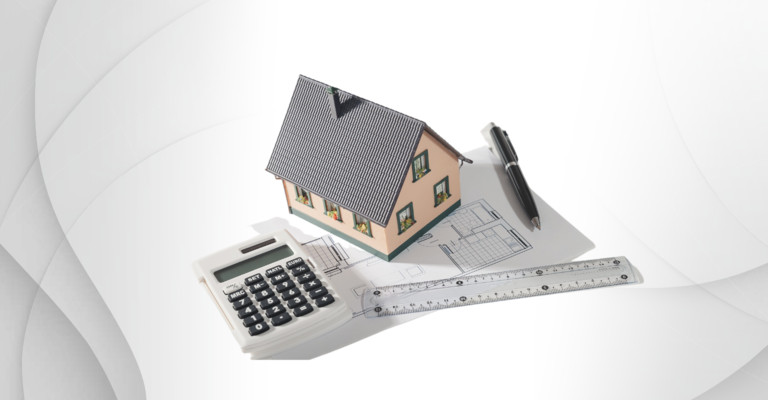 Homeowner associations, or HOAs, are becoming more common, especially for newly built homes. According to a 2020 Foundation for Community Association Research report, some 73.9 million Americans live under such an arrangement. More than 75 percent of new housing built for sale is part of a community association.
Homeowner associations, or HOAs, are becoming more common, especially for newly built homes. According to a 2020 Foundation for Community Association Research report, some 73.9 million Americans live under such an arrangement. More than 75 percent of new housing built for sale is part of a community association.
Most people in an HOA community, whether in a single-family home, condominium or apartment, pay HOA fees each month. These fees typically go towards communal maintenance and upkeep like landscaping, snow removal, security and community amenities. These fees can range from a small amount, like $100 a month, to large fees, like $1000 or more. New buyers must know that HOA fees also tend to rise over time. According to a recent survey by Frontdoor, 51% of homeowners reported that their fees had recently increased, and 65% said it happens frequently.
The pros of buying in an HOA community
Buying a home in an HOA community can have some significant advantages, especially for first-time homeowners:
- Neighborhood upkeep: Most HOA fees go towards maintenance services like landscaping, lawn maintenance, snow removal and the upkeep of shared spaces. Paying into an HOA for these services can reduce the time and energy you spend maintaining your home exterior and help maintain your property’s curb appeal and market value.
- Community amenities: Many HOA communities, especially in condominium and apartment complexes, offer amenities like swimming pools, fitness centers, playgrounds, and even walking trails that homeowners can access that are paid for by your HOA fees.
- Community standards: HOAs’ rules for homeowners help maintain a community standard of appearance, which helps keep property values stable and your neighborhood well maintained.
- Security services: Some HOAs offer security services or neighborhood watch programs funded by your fees.
The cons of buying in an HOA community
Finding stories online about HOA disputes and community conflicts doesn’t take long. Take, for example, a Texas veteran who clashed with his HOA over the American and Marine Corps flags displayed in front of his home. The issue wasn’t the flags but the 20-foot poles he installed without prior approval from the HOA. Situations like this highlight how minor details can lead to significant disagreements in an HOA community and can be a significant downside to buying a home in one. Some other downsides include:
- Monthly fees: HOA fees can be significant, especially for first-time homebuyers. Make sure to factor these fees into your new home budget and prepare for them to rise over time.
- Rules on what you can and can’t do with your property: HOAs often have strict rules about what you can and can’t do. These rules may feel restrictive if you like to personalize your home or property.
- Potential for conflicts: According to a survey from FrontDoor, 1 in 3 HOA residents have reported conflicts within their HOA community over inconsistent rule enforcement, disagreements with neighbors, or frustrations over fee increases.
- Hidden fees and assessments: You will likely pay more than monthly HOA fees, as many HOA communities impose special assessments for major repairs or improvements. Always ask about the history of assessments when viewing a home in an HOA community.
Buying a home in an HOA community has its pros and cons. Ultimately, you’ll have to research and learn about the financial and lifestyle implications of living in an HOA community. Then, you make an informed decision about whether an HOA is the right fit for you. When you decide to buy, whether within an HOA community or not, our loan advisors are ready to help you secure your mortgage financing to buy your new home! http://shawnwhitehomeloans.com








